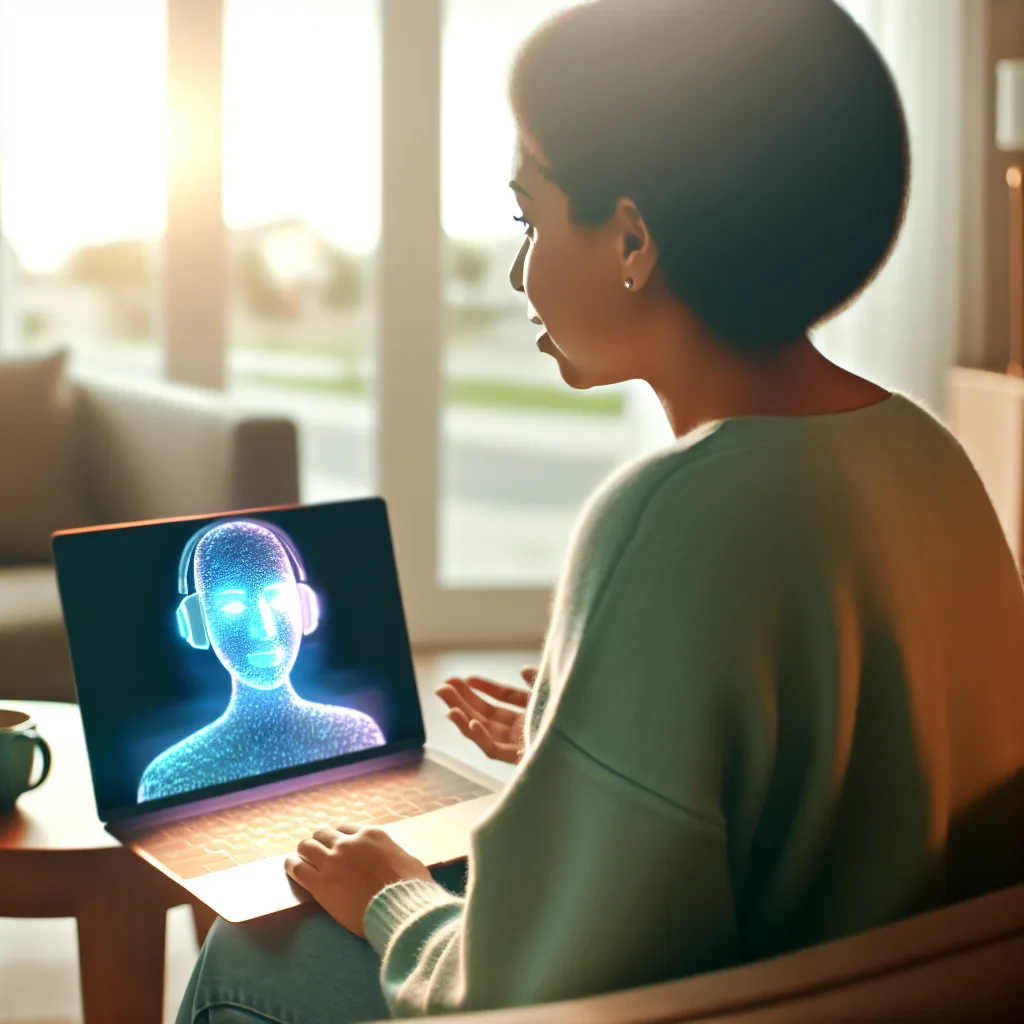Exploring how ChatGPT can assist when traditional medical advice falls short
Have you ever felt stuck with a health problem that seemed to get no clear answers from doctors? If so, you’re not alone. More people are turning to ChatGPT for health help when medical professionals can’t quite pinpoint what’s going on. In this post, I want to dive into how ChatGPT health help can sometimes offer guidance, point towards possible solutions, or at least help you consider new avenues when you’re dealing with persistent symptoms or confusing conditions.
What is ChatGPT health help?
When we say ChatGPT health help, we mean using AI chatbots like ChatGPT to ask questions about symptoms, potential diagnoses, or management strategies. While ChatGPT is not a doctor and can’t replace professional medical advice, it can serve as a resource to better understand health issues or clarify complex medical information. It sometimes helps people figure out what questions to ask next or which specialists might be worth seeing.
How ChatGPT health help can support you
One common story I’ve heard involves people with chronic symptoms—things like ongoing fatigue, mysterious pain, or digestive troubles—where doctors may run a series of tests but still can’t give a clear answer. ChatGPT can assist by:
- Breaking down medical jargon into simpler terms
- Suggesting possible causes based on the symptoms described
- Providing guidance on lifestyle changes or symptom management
- Pointing to reliable sources for further reading, such as the Mayo Clinic or the CDC
For example, someone dealing with chronic stomach pain might get a list of potential causes from ChatGPT and learn which might need urgent attention. This helps them feel more informed and sometimes prompts a more focused conversation with their doctor.
What ChatGPT doesn’t do
It’s important to remember that ChatGPT health help is not a substitute for a doctor’s diagnosis or treatment plan. It can’t perform tests or physically evaluate you. Also, it may not always have access to the latest medical discoveries or personalized insights that come from a professional exam. Never ignore severe symptoms or delay seeking emergency care.
Tips for using ChatGPT for health questions
- Be clear and specific about your symptoms.
- Use ChatGPT as a starting point, not the final answer.
- Confirm any advice or information by consulting a healthcare provider.
- Use trustworthy links that ChatGPT may suggest to learn more from established health organizations.
Real-world value of ChatGPT health help
While I can’t point to specific cures from ChatGPT, many people find that it helps fill in gaps of understanding or gives them peace of mind when grappling with unresolved health issues. Sometimes, just having a clearer picture helps you ask better questions and advocate for yourself in medical settings.
If you want to experiment, you can try ChatGPT via platforms that offer health-related conversations. Just keep in mind that its role is to augment, not replace, professional healthcare.
For trusted health information, websites like Mayo Clinic, Centers for Disease Control and Prevention (CDC), and National Institutes of Health (NIH) are excellent to check out.
Would you consider ChatGPT health help as part of your health journey? It may not have all the answers, but it certainly can spark new ideas when you’re feeling stuck.
Published on August 26, 2025
